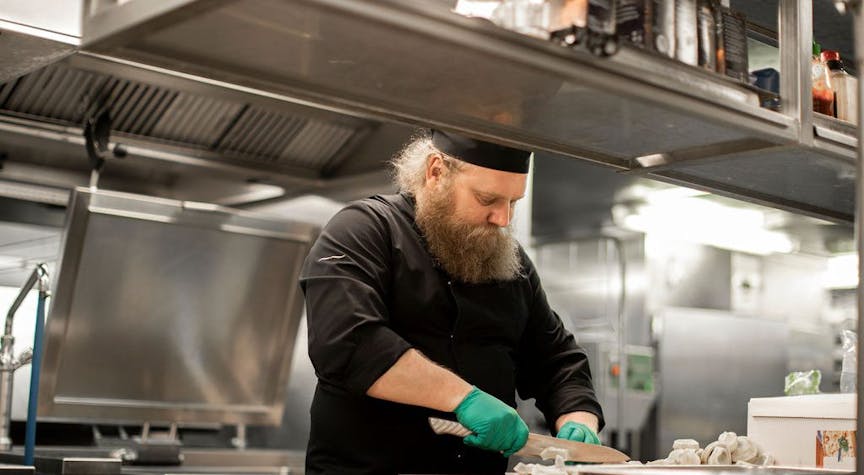How habits are made

Working at sea comes with great opportunities as well as special challenges. As a professional group, seafarers run a risk of occupational injuries, lifestyle diseases, and mental illness, and their everyday habits have a pivotal role in curbing these occupation-related hazards. In our current theme, we highlight how good (and bad) habits come into being as well as how they can be changed.
Without motivation, kicking old habits and adopting new ones can be extremely difficult. This is why we want to provide a motivational road map for getting you where you want to be.
What are good habits?
- Habits that keep you and others safe
- Habits that are kind to your future self
- Habits that make you the person you want to be
How to change your habits for the better?
- Place and time matter are key. If you want to change a habit, change your pattern. Example: You have planned to go to the gym after work, but you notice you always get stuck reading Facebook after work. Try instead to go to the gym before work.
- Make it easy for yourself to choose good things. Example: You want to eat more salad. Make sure you start by putting salad on your plate and then add other food. This way, the salad will automatically assume priority over meat and potatoes.
- Make it harder to do what you want to avoid. Example: You want to avoid the impulse of scrolling on your phone. Erase the app when you are done, so you have to download it every time you want to use it.
How to stick to your good habits?
- Quantity is better than quality. Repeat a desired habit as often as possible, but you don’t need to do it all the way. Example: You want to be more physically active but don’t have the energy to go to the gym. Take a short walk; this is much better than doing nothing.
- In order to stick to a habit, you need to feel rewarded by doing this. The reward can be a sense of wellbeing or satisfaction or simply having more energy, but even short-term rewards for a completed task, such as marking it off in your calendar or listening to good music while doing it, can be very effective.


